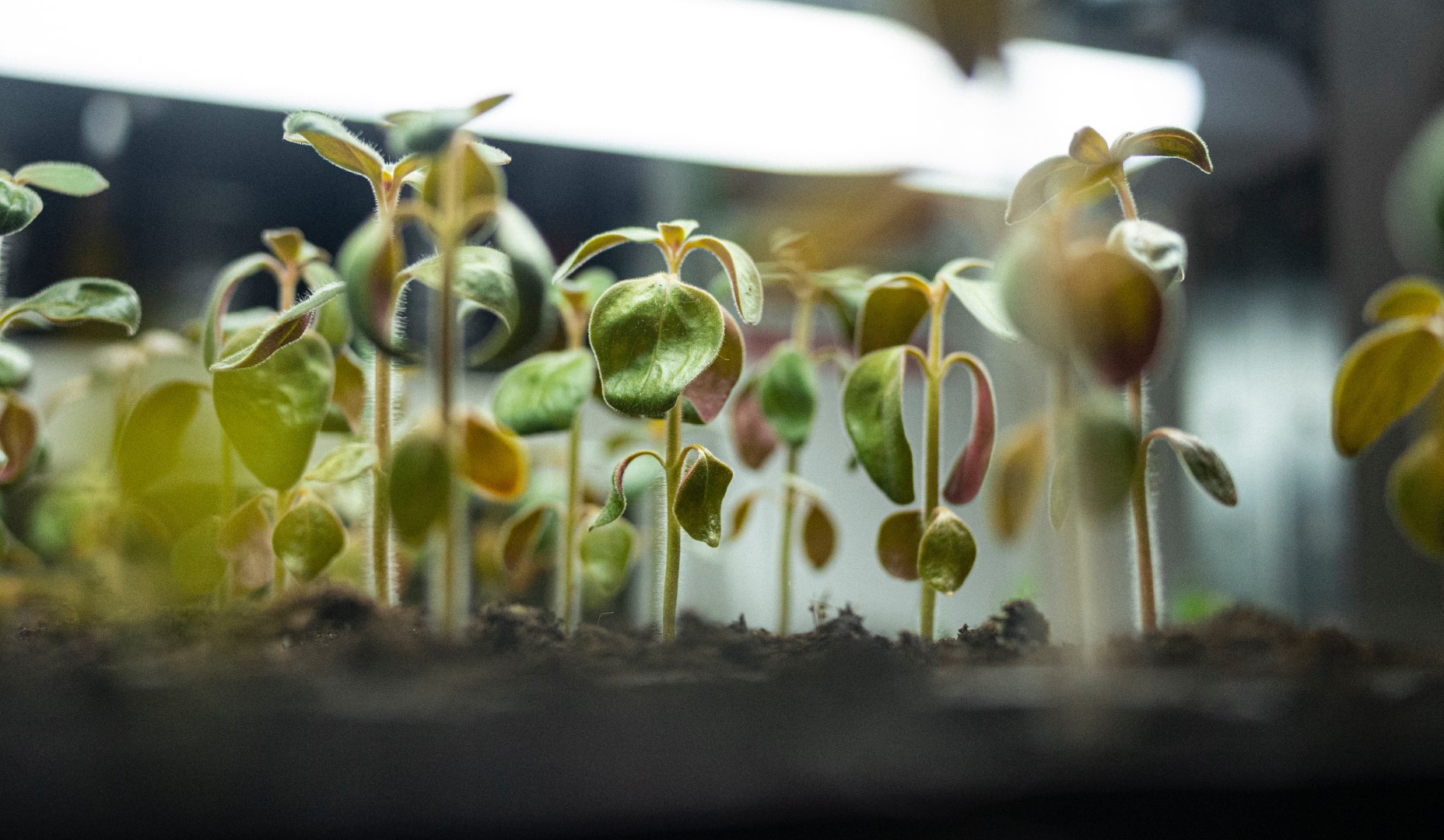Mindfulness is a simple yet powerful technique that can help bring clarity and peace.
But there are lots of myths and assumptions about mindfulness – and these can become barriers to reaping its benefits. Here’s the truth behind some of the biggest myths.
1) Mindfulness is about having no thoughts
Mindfulness is being aware of everything that is happening for us from moment to moment, and accepting everything as it is – whether that’s a thought, a sound or a body sensation. It’s simply noticing what’s going on in your present experience – not eradicating or oppressing all your thoughts. That would be virtually impossible!
During a mindfulness meditation, your mind may wander off a hundred times – and probably will! That’s okay. Because the moment you notice your mind has wandered, you’re back in the present again, instead of being lost in unhelpful thinking. Simply notice your mind has wandered and then choose to gently bring it back to your point of focus, such as your breath.
2) Mindfulness is religious
Even though it’s drawn from an ancient Buddhist practice, mindfulness has been practiced in the West for the past 40 years and is not connected to a religious belief system. People teach and practise mindfulness in a completely secular way. Look at yoga: its origins are also in spirituality and religion, but today it’s not considered religious at all. The same goes for mindfulness.
3) Mindfulness and meditation are the same thing
Mindfulness meditation is a key part of mindfulness training, and has been shown to have huge benefits, but it’s not the only way to be mindful. You can do anything mindfully – from just breathing in and out, to walking, eating, showering, cooking or walking the dog. Mindfulness is a way of thinking, a way of life, and you don’t need to stop what you’re doing to bring more mindfulness into your day. You simply need to practice being aware of what you’re doing while you’re doing it, rather than living life on autopilot.
4) Mindfulness will always make you feel happy
Paying attention to the present moment isn’t always joyful – in the present moment, you might have a headache or have just heard some bad news. But in mindfulness, we treat ‘good’ and ‘bad’ experiences in the same way: we simply notice them, gently, kindly and non-judgmentally.
Pushing away negative feelings or unpleasant emotions is natural, but it usually only makes us feel better in the short term. Instead, if we can be present and accepting of these experiences and take a broader perspective, we can find peace with them.
5) There’s a secret to doing mindfulness ‘properly’
Many people believe there’s a trick to practising mindfulness, and that they’re not doing it correctly. You know by now that mindfulness is about being aware of, and staying focused on, the present moment. Staying focused is the tricky bit. Our minds wander. And every time, we bring them back. Again and again and again. And that is the practice of mindfulness! That’s the way you train your mind so that you are running your life, rather than letting your life be run by your thoughts!
There’s no secret. Sometimes it feels easy and sometimes it feels hard, but it generally gets easier the more you do it. And the more you do it, the calmer you’ll feel and the more peaceful moments you’ll enjoy.
The funny thing is that when we try to quiet our minds, we often make it busier. But when we are simply present and aware, and not attached to any outcome, our mind tends to naturally quiet down, and we start to feel more at ease – more at peace.










